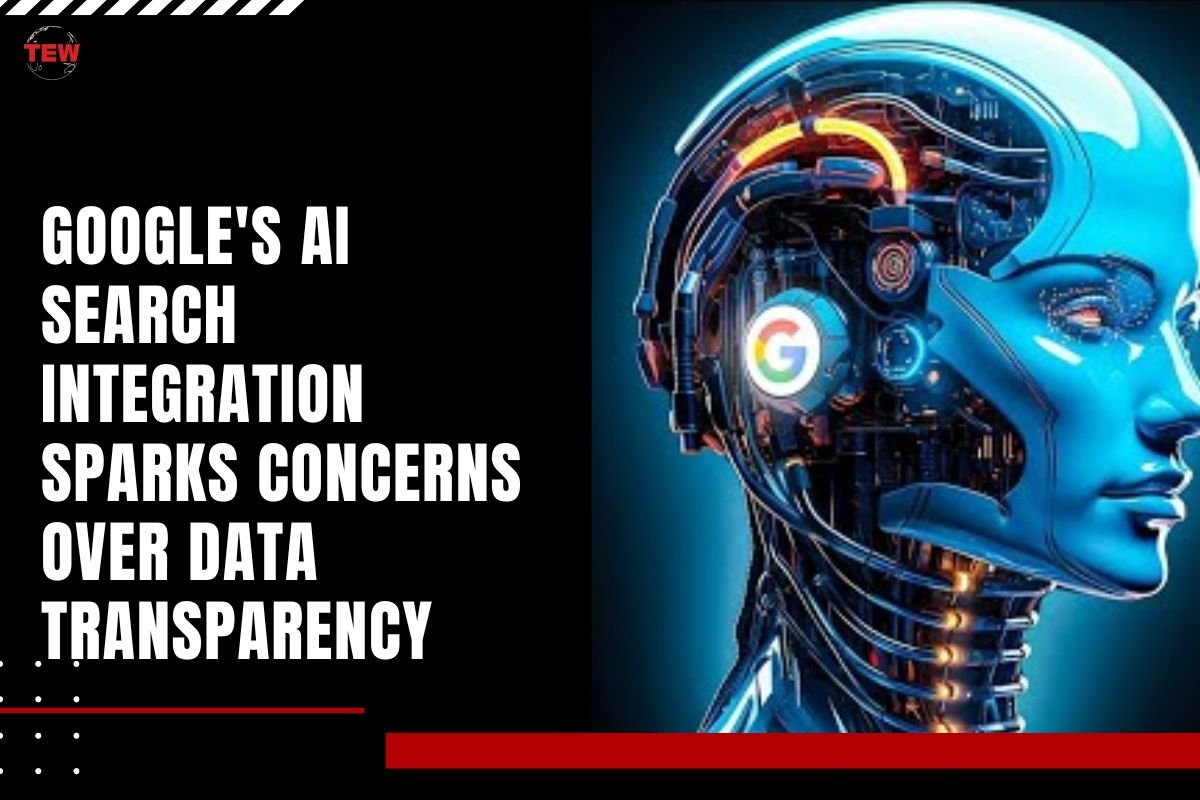(Source – ZEISS)
In a recent interview, Google CEO Sundar Pichai evaded questions about whether Google will provide website owners with detailed data on traffic from AI-generated search previews. As Google integrates AI overviews, known as “AI previews,” into its search results, publishers are increasingly worried about the potential impact on their click-through rates and overall traffic.
When asked by The Verge if Google would commit to offering this data breakdown to publishers, Pichai avoided a direct answer. “It’s a good question for the search team. They think about this at a deeper level than I do,” he said, shifting the responsibility. He also suggested that providing too much specific data could lead to manipulation by website owners. “The more we spec it out, then the more people design for that,” he claimed.
Lack of Transparency Fuels Publisher Frustration
Google’s reluctance to commit to transparency is likely to frustrate publishers, who feel entitled to know how AI implementations are affecting their traffic. Google’s AI models are trained using publisher content, and now their traffic—and consequently, their revenue—is at stake. To many, Google’s evasive stance on sharing detailed traffic data feels disingenuous.
Pichai’s comments seem out of touch with the struggles of web publishers, who rely heavily on search traffic to generate ad revenue and sustain their businesses. With detailed data on how AI previews affect click-through rates, publishers could adapt their strategies to maintain visibility. Google’s hesitation to share this information also raises concerns about anti-competitive practices.
As the leading search engine, Google’s AI has significant control over web traffic. By withholding detailed AI-driven metrics, the company might be perceived as leveraging its market dominance to disadvantage content creators unfairly. This lack of transparency could disincentivize the production of high-quality, original content, leading to a poorer experience for internet users and less diversity of information online.
Google announces new AI search feature
The Need for Collaboration Between Google and Publishers
As AI becomes more integral to search, it’s crucial for Google to find a way to collaborate with publishers and provide them with the necessary insights to thrive. Publishers argue that they have a right to understand how much of their traffic is influenced by Google’s AI implementations. Without this transparency, the relationship between Google and content creators remains strained.
By offering a breakdown of traffic metrics for AI-generated results versus traditional search clicks, Google could alleviate some concerns and foster a more cooperative relationship with publishers. This move would allow publishers to adjust their content strategies effectively and ensure they continue to receive fair compensation for their work.
If Google continues to withhold this information, it risks damaging its reputation and facing accusations of anti-competitive behavior. Such practices could lead to regulatory scrutiny and potential changes in how search engines are allowed to operate.
In conclusion, as AI integration in search evolves, Google must balance its advancements with the needs of content creators. Providing detailed traffic data is a step toward transparency and cooperation, ensuring that both Google and publishers can benefit from technological progress without compromising the quality and diversity of online content.





